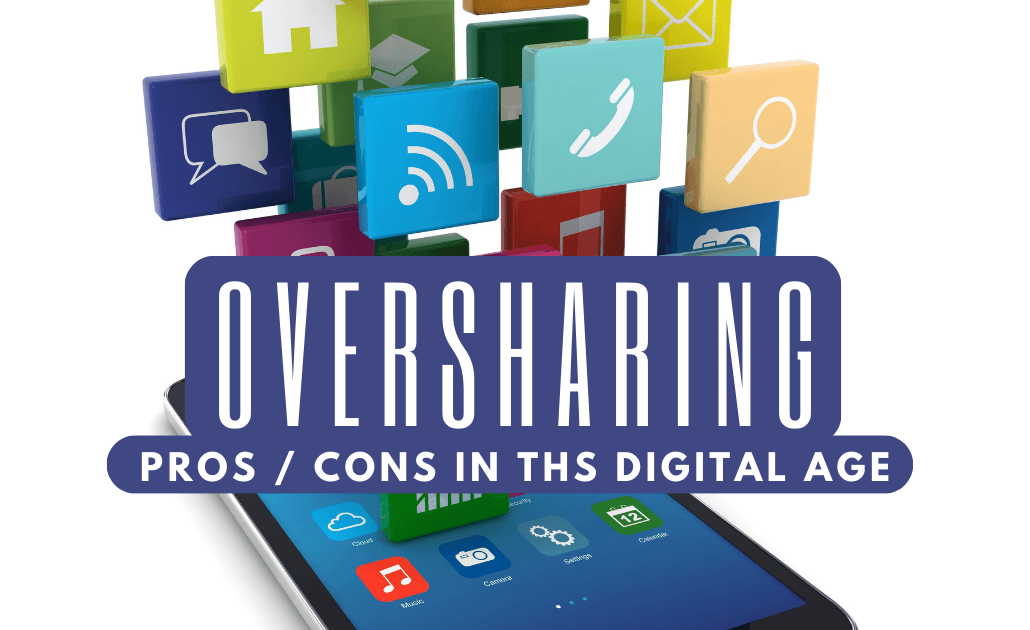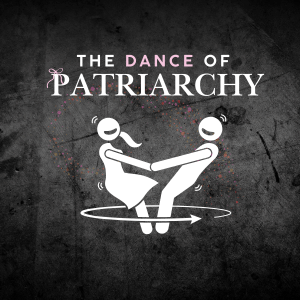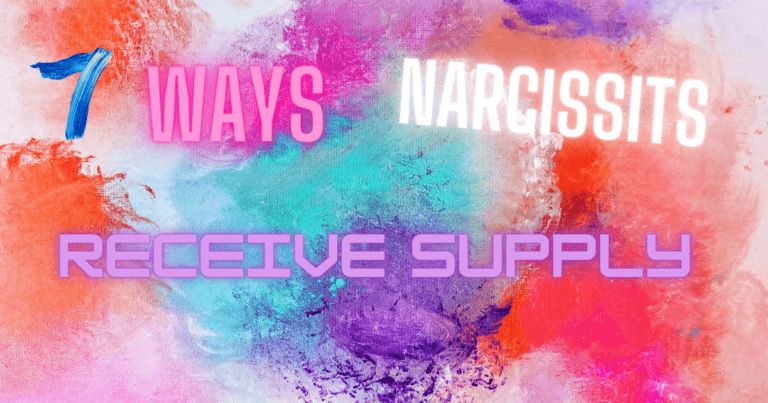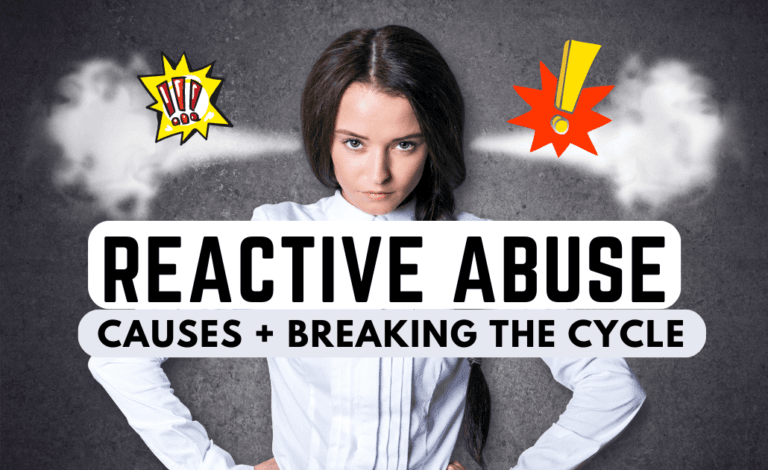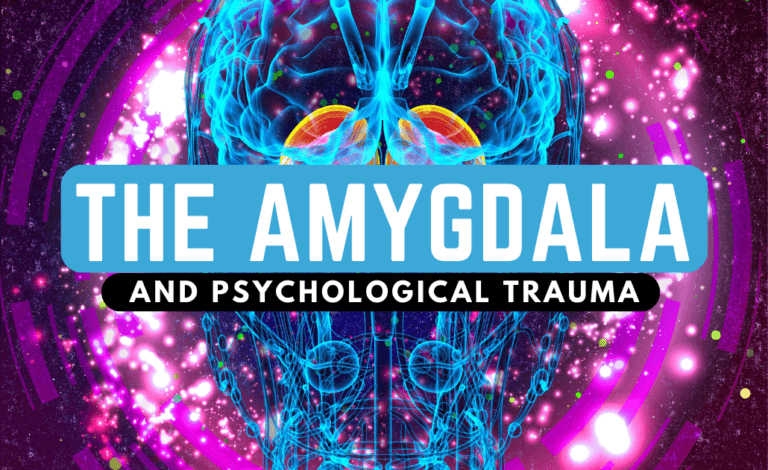8 Reasons Why Oversharing May Be Symptomatic of Unresolved Trauma
Do You Have a Habit oF Oversharing?
Are you an oversharer?
In this world where we have new demons to face such as the rise of depression and anxiety, mental health awareness, the loneliness epidemic, isolation and social media taking over our lives, we have a new coping mechanism to explore as people wish for new ways to connect but are often unable to establish a level of emotional intimacy due to some of the acute ramifications of oversharing.
Table of Contents
Why Do People Share?
If you remember, there used to be a time, when sharing was strictly reserved for friends, family, extended family, colleagues, co-workers, etc. and it was a way people generally interacted within their circle.
It was how rapport was built – the old fashioned way. People related to each other in their everyday lives.
We spoke to connect, to share our lives and friendships were born organically and people didn’t have to try so hard. They were themselves. Unpretentious even.
It was a time where we were not striving for likes, shares, follows, subscribers. Life seemed much calmer then, even less busy than our erratic lives where we now have multiple social media outlets that we must post and check in on everyday and interact with. It probably started with the birth of myspace back in the day.
The whole concept was new, it took off, people built myspace profiles, then Facebook was born, and the rest you know the story.
How Connections Were Built Before the Advent of Social Media
Here’s a look at how relationships were built in person before the digital age:
Physical Presence: People had to be physically present to engage in conversations and activities together. This meant spending time in the same physical space, whether it was at home, school, work, or social gatherings.
Verbal and Nonverbal Communication: Building relationships relied heavily on direct communication, including both spoken words and nonverbal cues such as facial expressions, body language, and tone of voice. These cues conveyed emotions, intentions, and meanings that couldn’t be fully captured through text alone.
Shared Activities: People bonded through shared activities and experiences, whether it was participating in team sports, attending cultural events, going to parties, or enjoying hobbies together. These activities provided common ground for interaction and connection.
Deeper Connections: In-person interactions allowed for deeper and more nuanced conversations. Being able to see and interpret emotions and reactions in real time fostered more meaningful connections and understanding.
Emphasis on Quality Time: Spending quality time together was crucial for nurturing relationships. Face-to-face interactions encouraged individuals to be fully present and engaged, creating a stronger sense of connection.
Building Trust: Trust was built over time through consistent interactions and the ability to observe each other’s behaviors and actions in various situations.
Building Empathy: Direct interactions enabled people to empathize with each other’s experiences and emotions. This contributed to a better understanding of each other’s perspectives.
Personal Networking: Networking was largely done in person through events, conferences, seminars, and social gatherings. These interactions played a vital role in professional and personal growth.
Stronger Community Bonds: In local communities, people often knew their neighbors, shop owners, and others within their vicinity. This sense of familiarity and proximity contributed to a tighter-knit community.
Social Norms and Etiquette: People adhered to social norms and etiquette when interacting face-to-face. This helped maintain respectful and appropriate behavior in various settings.
Limitation of Connections: Due to the physical nature of interactions, the number of relationships individuals could maintain was more limited compared to the vast number of connections possible through social media.
Importance of Memory: Remembering personal details about friends, acquaintances, and colleagues was important for building rapport and showing genuine interest in others.
Some people may say these were the good ‘ol days of when we interacted. Interactions were genuinely pure and there seemed to be less narcissism.
While social media networks have transformed the way we connect and interact, the in-person approach to building relationships emphasized deeper connections, meaningful conversations, and a focus on quality interactions. While technology has brought many conveniences, there is still immense value in cultivating personal connections through face-to-face communication.
The Shift in Social Networks
Our social outlooks slowly started to shift and change as we adapted to looking at the lives of other people online. It was different but we embraced it, and what started to occur was we moved more and more to interacting online, and face-to-face conversations and interactions did not carry the same amount of energy. Our energy was shifting to online interactions.
Why do People Overshare?
There are a variety of reasons nowadays why people share, or overshare rather. Times have changed. We share more about our personal lives in a public fashion on social media.
We have gone through a cultural shift.
Differences Between Sharing and Oversharing
Sharing Examples
- Relevance: Sharing involves providing information that is pertinent to the topic of conversation or the nature of the relationship.
- Intent: The intention behind sharing is to foster connection, provide insight, or contribute meaningfully to a conversation.
- Mutuality: Sharing respects the boundaries and comfort levels of both parties involved, ensuring that the information shared is reciprocated appropriately.
- Context: Information shared is relevant to the context and nature of the relationship. It respects the social norms and appropriateness of the situation.
- Openness: Sharing encourages open communication and understanding, allowing both parties to engage in meaningful dialogue.
Oversharing Examples
- Excessiveness: Oversharing involves providing an excessive amount of personal information, often going beyond what is needed or relevant to the conversation.
- Lack of Boundaries: The intent behind oversharing might not be clear, and it can cross the boundaries of privacy and comfort for both parties.
- Imbalance: Oversharing can create an imbalance in the conversation, where one party divulges a disproportionate amount of information compared to the other.
- Discomfort: Oversharing can make others uncomfortable or overwhelmed by the amount of personal information being shared.
- Inappropriateness: Oversharing might involve discussing topics that are socially taboo, sensitive, or intimate, which can be inappropriate for the context.
Does Everything Go Back to our Childhood?
Oversharing can indeed be a manifestation or symptom of being silenced or experiencing certain emotional or psychological dynamics during childhood. It’s important to note that human behavior is complex and multifaceted, so while oversharing could be connected to experiences of silence in childhood, it’s not the only possible explanation.
Here’s how oversharing might be related to feeling silenced during childhood:
Were you Silenced Growing Up? Were you the Family Scapegoat?
Does this Describe You? Do you...
Desire for Validation and Attention: If you felt overlooked as a child, you might find yourself sharing personal details on social media constantly, hoping for likes, comments, and messages to make you feel valued and acknowledged.
Compensation for Lack of Expression: If your opinions were often dismissed during your upbringing, you might tend to overexplain yourself in conversations, giving excessive context and details to ensure that others understand your point.
Seeking Connection: If you experienced emotional distance from your family growing up, you might have a tendency to engage in deep and personal conversations with new acquaintances early on in relationships, in the hope of quickly forming emotional bonds.
Lack of Boundaries: If your privacy was frequently violated as a child, you might struggle with setting boundaries as an adult, leading you to openly share personal struggles and intimate details even with casual acquaintances.
Here's a Few More...
Coping Mechanism: If you faced a traumatic event during your youth but lacked the means to process it, you might often share your traumatic experience with anyone who will listen. This act of sharing could be a way for you to manage the suppressed emotions.
Reclaiming Control: If you were frequently silenced by a dominant family member while growing up, you might engage in oversharing as a way to assert your autonomy and ensure you have a voice and control over your own narrative.
Fear of Silence: If you grew up in a tense household with frequent conflicts, you might avoid moments of silence in conversations, constantly filling gaps with stories and anecdotes to prevent any discomfort reminiscent of your childhood experiences.
Remember that these examples are generalized, and individual experiences can vary widely. If any of these examples resonate with you or someone you know, it could be beneficial to seek professional guidance to gain a deeper understanding and develop strategies for addressing these patterns.
10 Benefits of Oversharing
While this article may appear to slant toward the direction that oversharing is not the best trait a person can have, we want to be objective here. With that, here are several ways in which oversharing can be a positive experience:
- Building Authentic Connections: Sharing personal experiences openly can foster deeper connections with others, as it can encourage mutual vulnerability and empathy.
- Emotional Release: Oversharing can serve as a cathartic outlet, allowing individuals to release pent-up emotions and stress.
- Support and Advice: By sharing personal challenges, individuals can receive valuable support, advice, and perspectives from others who have faced similar situations.
- Fighting Stigma: Sharing sensitive topics openly can help break down societal stigmas and encourage open conversations about mental health, relationships, and more.
- Increased Self-Awareness: Talking about personal experiences can lead to self-reflection and greater self-awareness, aiding in personal growth and understanding.
- Validation and Acceptance: Oversharing can lead to validation and a sense of acceptance, as others respond positively to one’s honesty and openness.
- Educational Opportunities: Sharing personal experiences can educate others about different perspectives, fostering understanding and empathy.
- Inspiration and Motivation: Oversharing stories of overcoming challenges can inspire and motivate both the sharer and their audience to pursue their goals.
- Creating Safe Spaces: Sharing personal struggles can create safe spaces for others to open up, fostering a supportive environment where people feel comfortable discussing their own issues.
- Challenging Social Norms: Sharing unconventional stories can challenge societal norms and encourage critical thinking about what is considered “normal.”
10 Cons of Oversharing
- Loss of Privacy: Oversharing can result in a loss of personal privacy, leaving individuals vulnerable to unwanted attention and scrutiny.
- Misinterpretation: Sharing too much can lead to others misinterpreting your intentions or misunderstanding the context of your stories.
- Judgment and Criticism: Oversharing can expose individuals to harsh judgment, criticism, and even ridicule from others who might not understand or appreciate their experiences.
- Relationship Strain: Sharing personal information without consent from those involved can strain relationships and lead to conflicts with family, friends, or partners.
- Emotional Exhaustion: Constantly sharing personal stories can be emotionally draining, especially if the response is overwhelmingly negative or unsupportive.
- Attention-Seeking Perception: Oversharing might be perceived as attention-seeking behavior, which can affect how others view your motives and authenticity.
- Dependence on External Validation: Relying on others’ reactions to your oversharing can lead to a dependence on external validation for your self-worth.
- Reopening Wounds: Sharing traumatic experiences might reopen emotional wounds, making it difficult to heal and move forward.
- Limited Personal Growth: Constantly retelling the same stories might hinder personal growth, as it can prevent individuals from exploring new perspectives and experiences.
- Loss of Mystery: Oversharing might leave you without an air of mystery, making it harder to maintain intrigue and depth in relationships.
Do you see yourself here? Drop a note or a comment below and share your experience!
There needs to be an intricate dance between sharing and oversharing. Self-reflection is a good exercise to incorporate along with personal boundaries, personal goals, evaluation of outcomes and emotional maturity.
Drop your comments and share your thoughts below!
